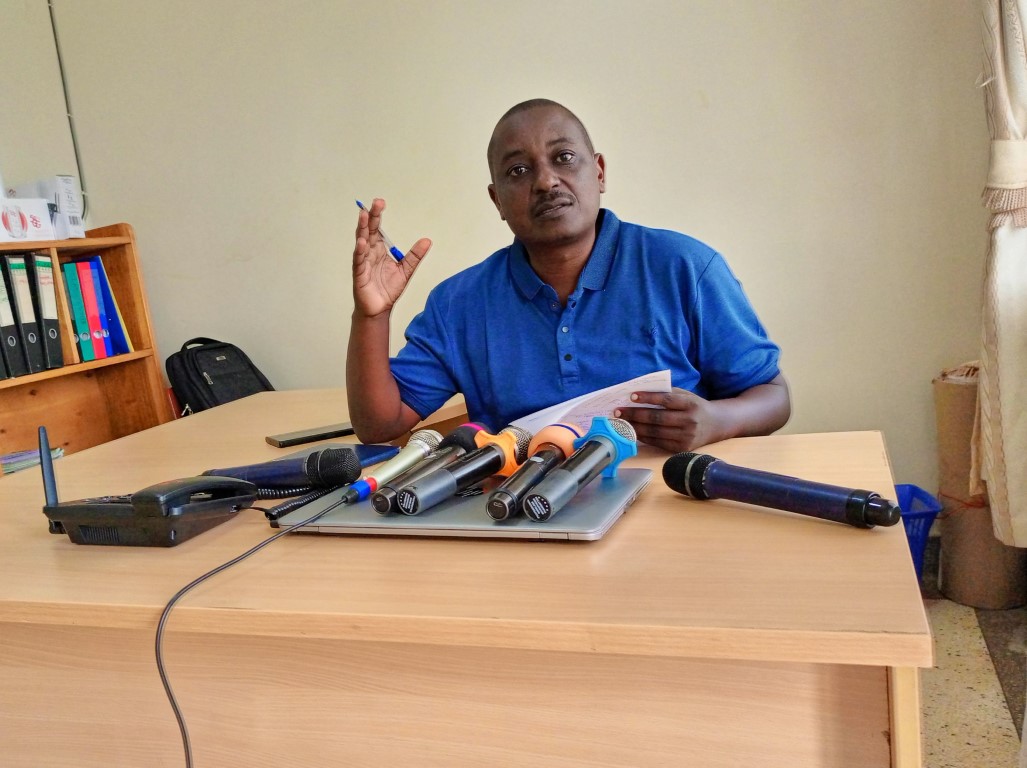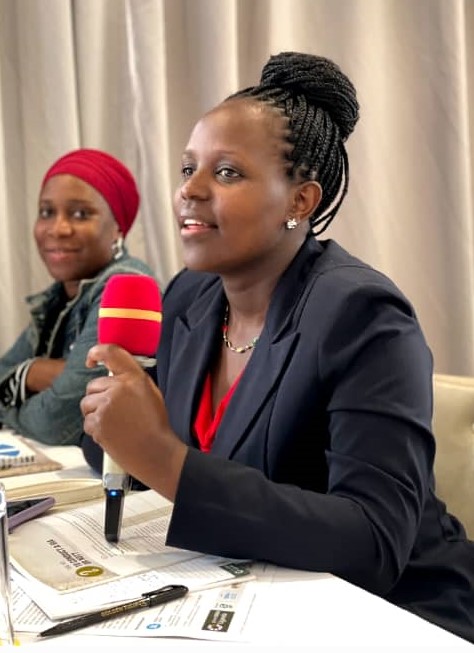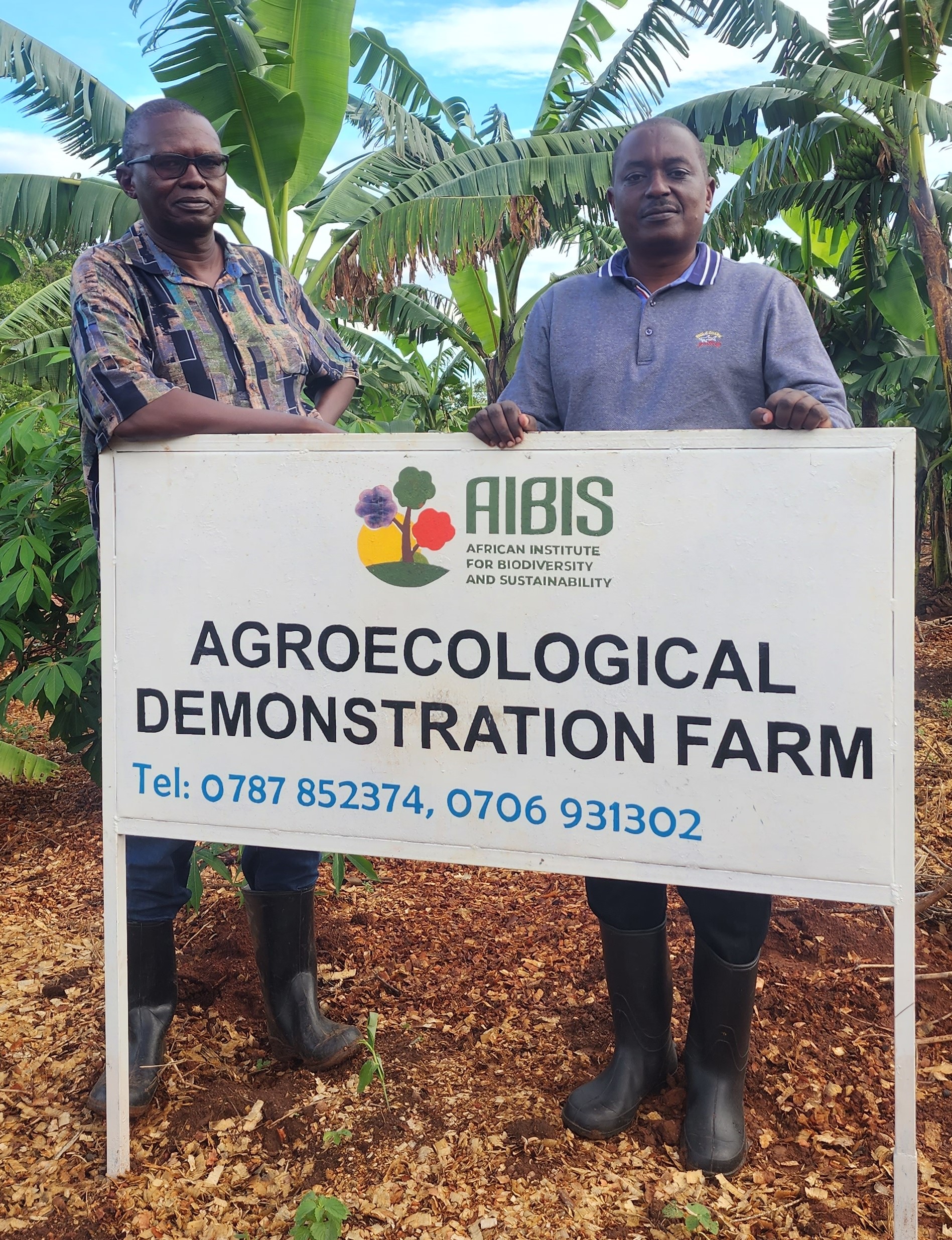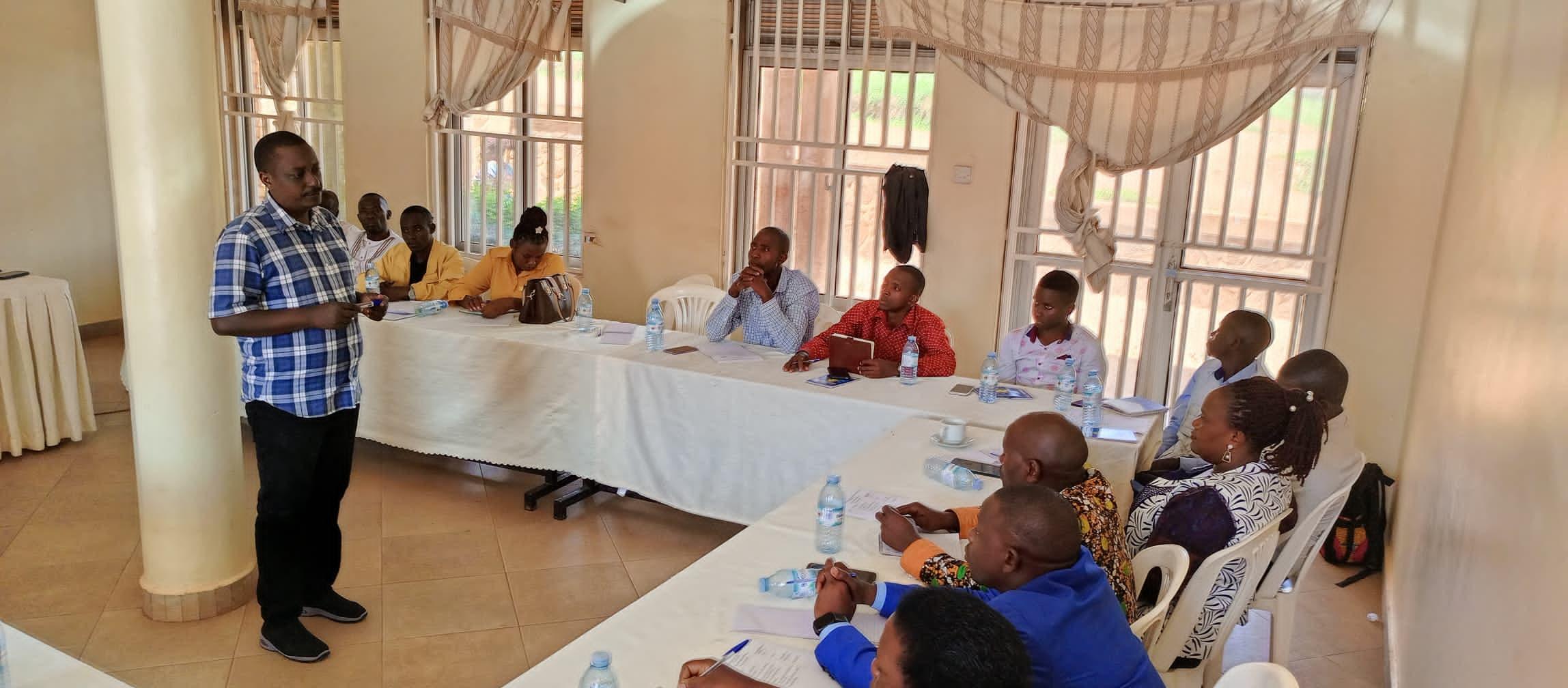Conservationists want Government to include teaching of indigenous African herbal medicine on the curricula of formal institutions of learning.
A section of environmentalists and nature conservationists now want the Ugandan Government under its ministry of education to embark on formal teaching of indigenous African herbal medicines in all institutions of learning beginning with Primary Schools.
Addressing the media yesterday (February 28th), at his office in Kiboga Town, Allan Kalangi, the Executive Director of the African Institute for Biodiversity and Sustainability said that herbal medicine which sustained Africans for centuries is now threatened by modern education and commercial investments that have resulted in clearing of forests and woodlands where most of the herbs are/were found.
Kalangi said that herbal medicine is still very important as was seen during the COVID-19 pandemic when many Ugandans turned to it as a last resort. He said that the big problem now is that the elders who had much knowledge about its prescription and where to find the varieties for different ailments are dying out without imparting the knowledge to the young people who are mostly in schools all the time. He said that formal teaching about herbal medicine with its distinct procedures of administration will necessitate further research and documentation. He also said that this will also help put more emphasis on conservation of forests which host the bulk of these herbs.
“Herbal medicine should be looked at as an independent line of treating humans, livestock and plants whose methods of administration must be respected. There is need to resist the urge to process herbal medicine in factories just like modern drugs because at the end there will be no difference made. So even when formal teaching about this herbal medicine begins, it should follow the indigenous methods of management but not to attempt to modernise it”, Kalangi said.
Open this link to read the full statement which AIBIS issued at the press conference.



